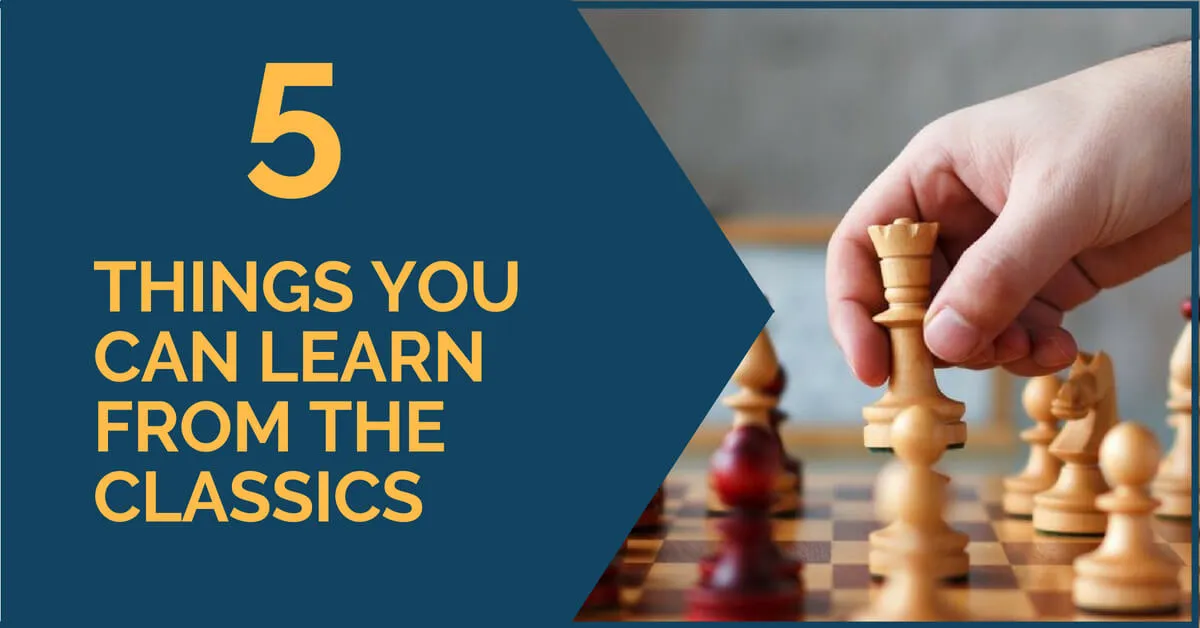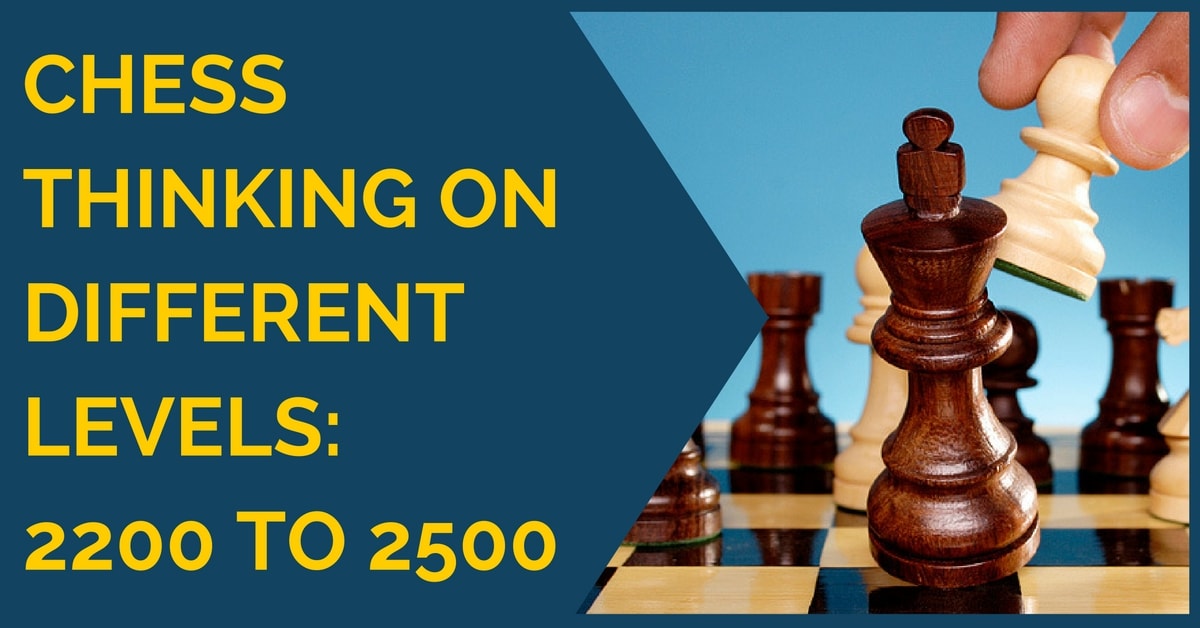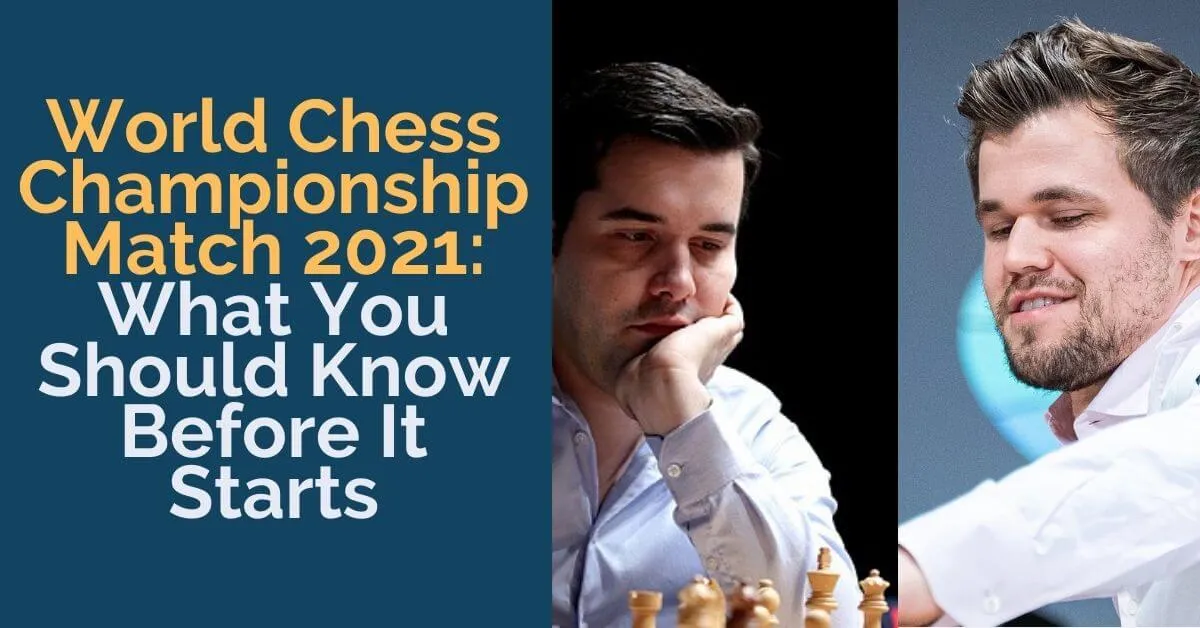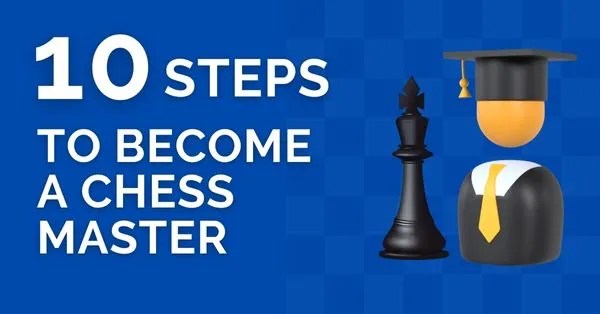5 Things You Can Learn From the Classics

You have probably heard a lot about the importance of studying the classics and the many things you can learn from old games. Nowadays, when most of the players focus their training on openings and finding novelties that help them get an advantage from the first moves, this type of training is slightly overlooked.
However, even top Grandmasters constantly give credit to the classics, from whose games they have learned a lot and it has helped them improve their level. It is fascinating to hear them quoting old games or remembering the plans an ex-World Champion has used in the same type of position.
With this in mind, one could start wondering – if they have done it and they say it is of great help to improving one’s chess, why shouldn’t I also include it in my training? Our advice is you do so; the classical games are usually a delight to watch, besides the fact that they are highly instructive as well.
If this hasn’t convinced you yet, we have compiled a list of things you can learn only from going through and analyzing classical games:
1.Strategy
It is no secret that the classical players had a flawless technique. They mastered all the positional patterns and knew how to take advantage of them in their games in an instructive way. You can learn how to convert small advantages, squeeze your opponent, accumulate more and, most importantly, keep his/her counterplay to a minimum.
They have left many positional masterpieces any player can learn a lot from. It is always helpful if you can find the games with their own or other Grandmaster’s analysis and explanations, but even if you don’t, go slowly through the game and try to understand every move and the ideas behind them. Only this way you can learn, remember the game and be able to apply the same concepts in your own games.
2.Endgames
The classics’ technique is not limited to the middlegame only; there are many players who excelled in the endgame and played it impeccably. Take Rubinstein in the rook endgames, for example.
He was able to squeeze the smallest of advantages and put his opponents under a lot of pressure. Other players who are well known for their patience and their ability to convert an advantage or simply creating one out of nothing are Capablanca, Smyslov or Karpov. One of the best players of all times, Bobby Fischer, was another expert of the endgame.
You can learn more about his technique in this phase of the game by taking a look at our previous article on this subject!
3.Openings
This may sound weird since theory advances with the speed of light and lines quickly become outdated. You have to always keep an eye on your repertoire, update it with novelties and sometimes even change it completely. However, it is not the pure theory that you can learn from the classical games; more than moves you can learn plans and how to handle typical positions in given openings [like this one for the Sicilian or this one for Caro-Kann].
There are players who were specialists in certain openings and played them without flaw. Our advice is to look for the classical games in the opening you want to study before starting to learn moves by heart. It is usually more important to understand the position, the structure, and the plans than to know only the theoretical moves.
4.History
Going through the games of the classics not only helps you improve your chess knowledge, but also enriches your chess culture. If you go through games that are annotated by the players themselves, you can usually find more than chess information. They are rich in anecdotes, stories and other interesting facts from the chess history.
5.Lifestyle
Almost every strong player has a ritual that works for him, a series of things they do to help them keep concentrated, keep in shape, prepare for a tournament or recover after a loss. Sometimes you can find tips on how to train or how to create a healthy lifestyle that helps your chess in general.
Of course, not everything they do will work in your case, but learning about their habits can help you create a training schedule or a routine that works for you.










Comments: